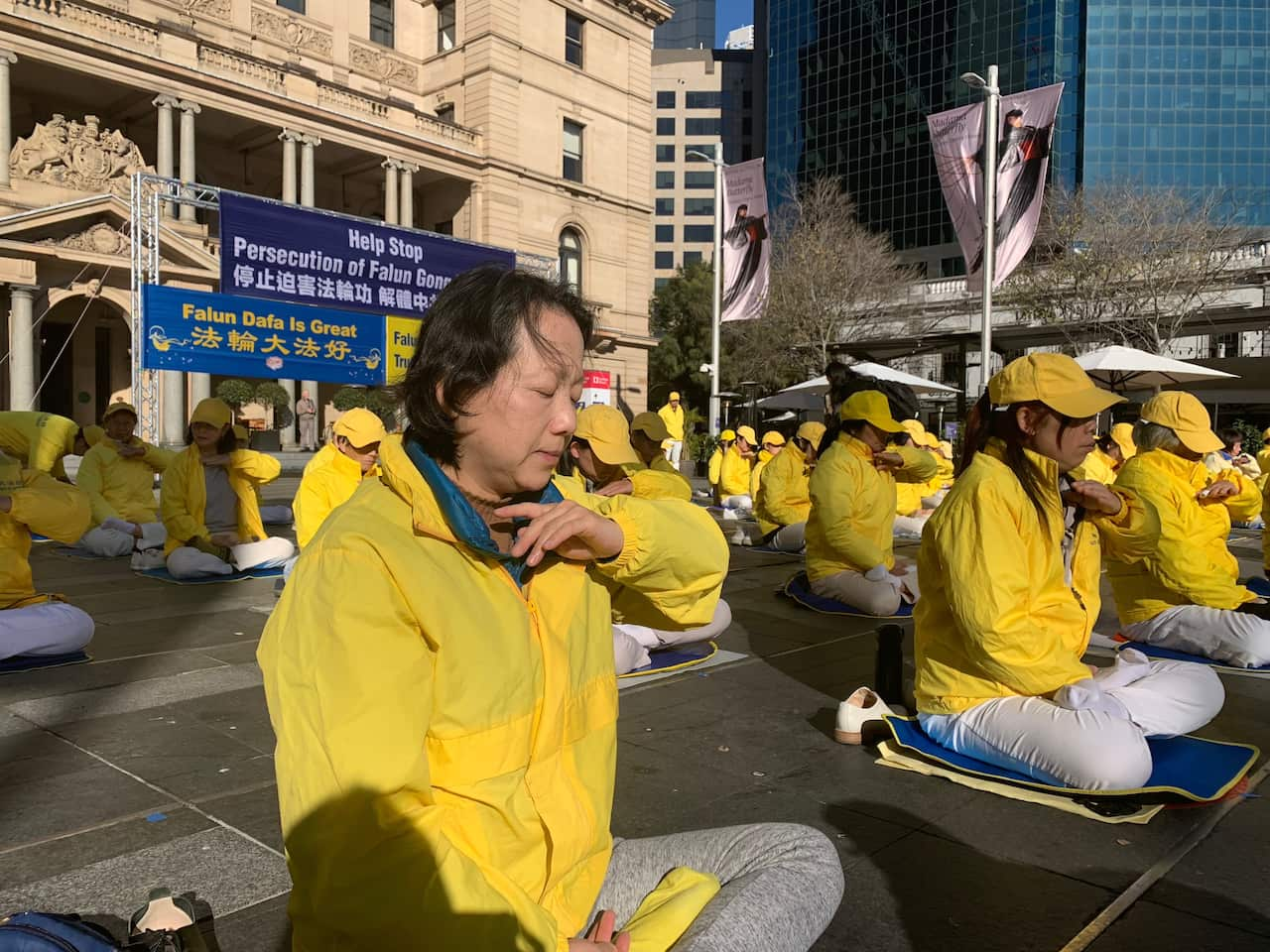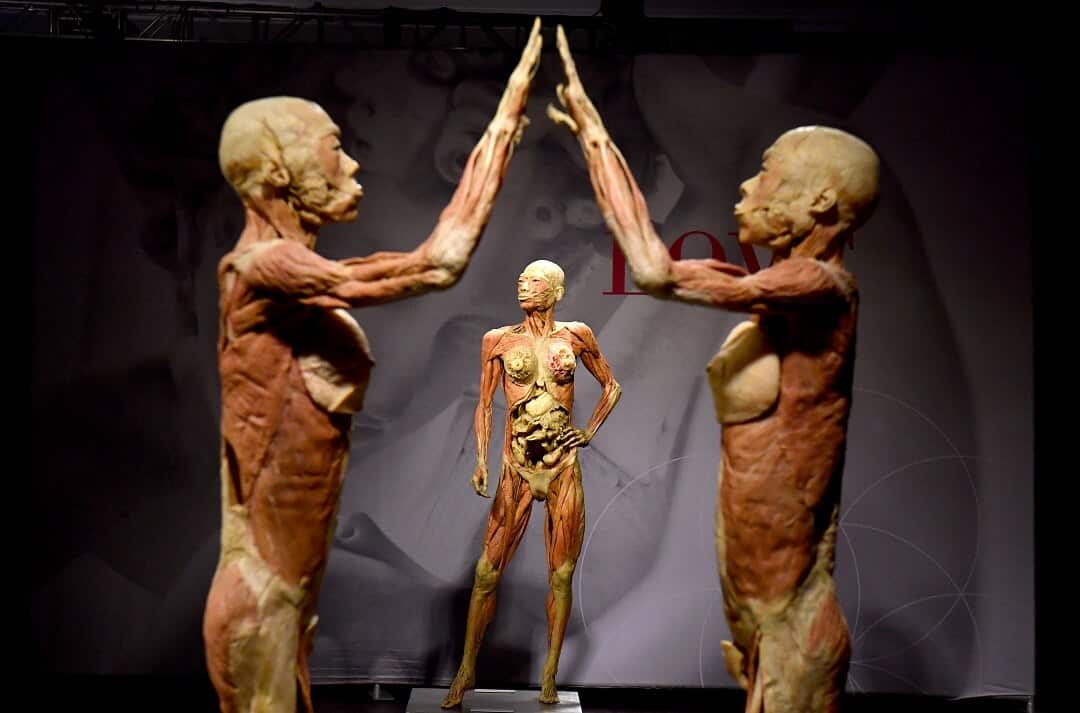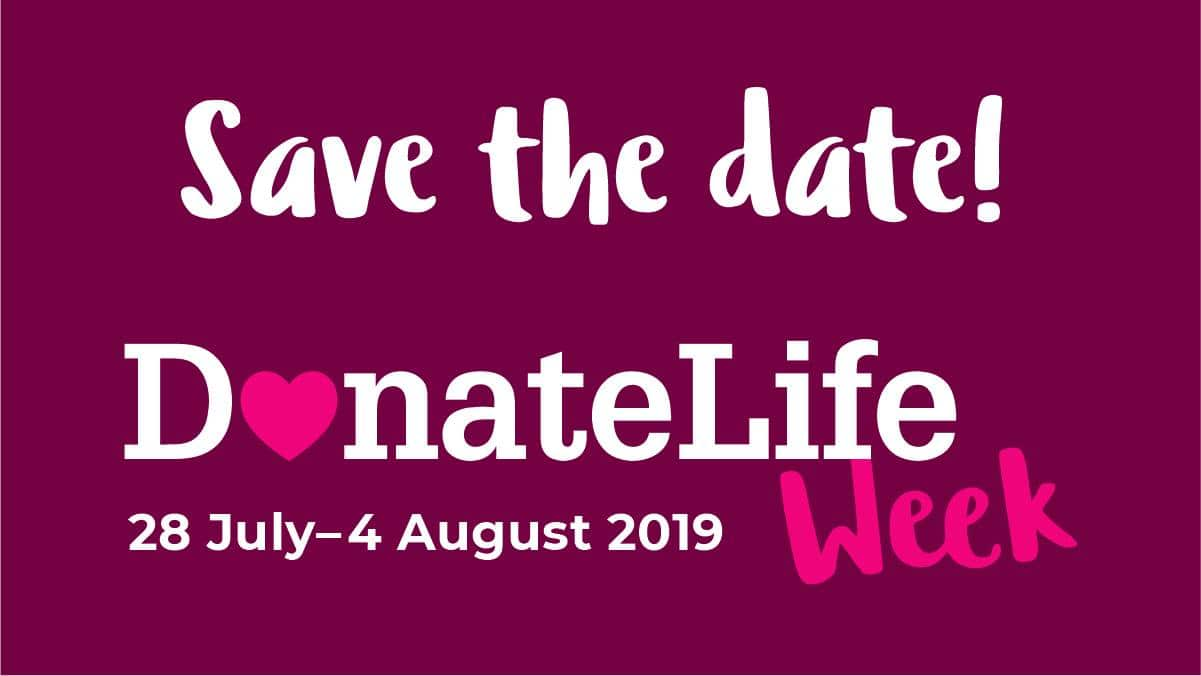In June, the China Tribunal, a London-based independent tribunal investigating forced organ harvesting in China, delivered a final, damning report on the subject. It concluded that there is no doubt that organs are being forcibly removed from Chinese prisoners of conscience, and transplanted into other individuals.
Sophia Bryskine, a spokesperson for Doctors Against Forced Organ Harvesting (DAFOH), tells SBS Russian that she welcomes the report.
“We [DAFOH] were waiting for this report because it is the first independent in-depth official assessment that sends a very strong message to the international community,” Bryskine says.

DAFOH has campaigned against forced organ harvesting since 2007, and Bryskine was a prominent critic of the ‘Real Bodies: The Exhibition’ last year, which was believed to feature plastinated cadavers belonging to Chinese political prisoners.
“The world first heard about these illegal practices in 2001, when Dr Wang Guoqi testified before the US government committee that he’d been involved in these operations,” she says.
“But since 2006, more information started to appear in the media about organs being removed from living prisoners of so-called labour camps and sold to wealthy local and foreign patients.”
Transplant Tourism
The organs harvested in China are not only destined for Chinese consumers, with evidence emerging of a disturbing trend of organ transplant tourism emerging in recent years.
A 2017 South Korean documentary on China’s transplant tourism featured three Korean journalists travelling to China under the pretence of purchasing a kidney for a fictitious relative.
In a meeting with a nurse at a Chinese hospital, they receive assurances that their ‘relative’ can get a kidney in a few weeks for about US$130,000.

The documentary claims that South Koreans are one of the largest consumer groups of organ transplants in China, where any organs are available for purchase in the matter of weeks.
“There’s just no explanation of this extraordinarily short waiting time,” Bryskine says. “Culturally, Chinese people tend to believe the body must remain intact after death, and that is why the number of voluntary donors remains low. Until 2013, China did not have a public organ donation scheme, their national donation programme is just six years old.”
But Bryskine says there are thousands of involuntary donors among prisoners in China, and Chinese officials have even admitted using death row prisoners as a source of organs in the past. Beijing denies all allegations of forcibly harvesting the organs of living prisoners of conscience.

Calls to ban Transplant Tourism in Australia
It is not clear exactly how many Australian citizens have travelled to China for organ transplants, though federal parliamentary submissions say up to 55 people travelled for transplants between 2005 and 2016.
Organ trafficking is a serious criminal offence in Australia, but Bryskine says there is no official database of people who received transplants in other countries, and that the Australian Government must do more to stop human organ trafficking.
“It is important to inform people that when they are travelling to China, or other countries known for their illegal practices, they probably get an organ which was forcibly removed,” she says.
According to the Australian Parliamentary Report for the inquiry into Human Organ Trafficking and Organ Transplant Tourism, transplant tourism is considered as "both unethical and medically hazardous for patients to travel overseas to receive a commercial organ transplant".
The 2018 report’s recommendations include strengthening Australia Government's involvement in international efforts to stop human organ trafficking, collecting data on Australians involved in illegal organ trafficking overseas and the introduction of new laws around organ harvesting.

Falun Gong victims in Australia
The China Tribunal’s final report states that “imprisoned Falun Gong members are probably the principal source of organs for forced harvesting” and the stories of Australian Falun Gong members confirm the Tribunal's findings.
They spoke to SBS News about being subjected to regular blood tests and X-rays while in China’s detention centers.
"One day I remember very clearly, they didn't take us to hospital to get a health check, instead they took two vials of blood from each of the inmates in jail ... and provided no explanation”, Tony Liu, one of the Falun Gong members, told SBS News.
Improving ethical transplantation to save lives and combat trafficking
Different organ donation and transplantation schemes are in place across the world, with varying degrees of success.
Spain has led the world in organ donation systems for the last 25 years, and performed 5,314 donations in 2018, compared to 1,618 in Australia over the same period. China performs between 60,000 and 90,000 transplants per year, according to the China Tribunal.
The World Health Organisation considers Spain’s opt-out donation system, where a patient is presumed to consent to organ donation even if they have never registered as a donor unless they opt out, as one of the world’s best.

Australia operates an opt-in system, where a person must register to donate their organs or tissues.
“One in three Australians are registered donors despite the majority (69 per cent) believing that registering is important,” says the Donatelife website, where Australians can quickly register to become a donor.
Today, around 1,400 Australians are currently waitlisted for a transplant, and the Australian transplant waiting list can contribute to demand on the human organ black market.

